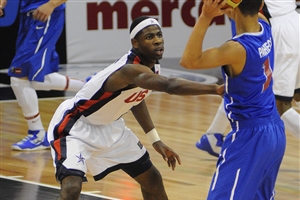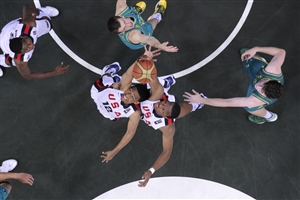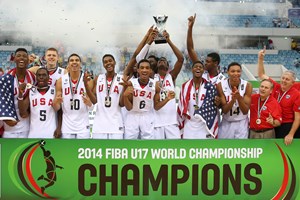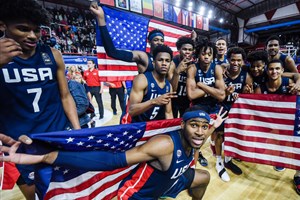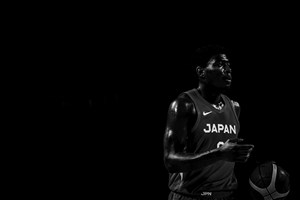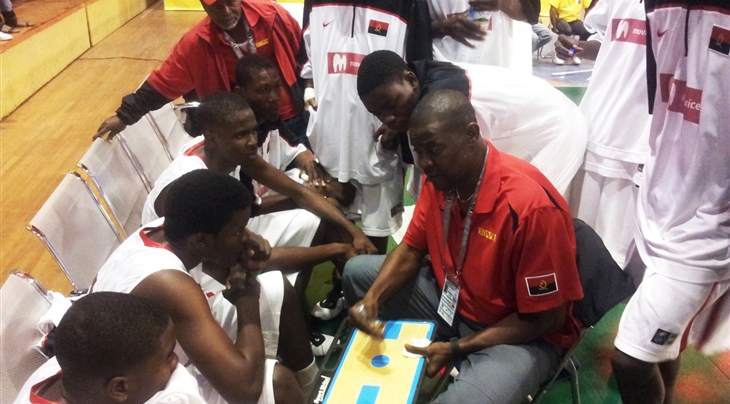
ANG - Young Angola look to leave mark at U17s
LUANDA (FIBA U17 World Championship) - Angola have long been a power in African basketball, having won the FIBA Africa Championship 11 times since 1989.
Next week, they will make history with their first appearance at the FIBA U17 World Championship.
Angola had taken a backseat to Egypt at the cadet level for the first two U17 Worlds qualifying tournaments - losing to the Egyptians in the Quarter-Finals and coming in sixth in 2009, and then, two years later falling to their foes in the Semi-Finals and finishing fourth.
Following the 2012 edition of the FIBA U17 World Championship, the decision was made to expand the field from 12 to 16 teams, resulting in a second African team having the chance to qualify.
The Angolans guaranteed a spot in Dubai by reaching the Final of the 2013 FIBA Africa Championship U16 and then beat Egypt to be crowned continental champions - after having lost to them by 29 points in group play.
"Winning the U16s last summer in Africa does good to these players because in my opinion it will guarantee the future in Angola," said coach Manuel Silva, who led the team to last year's triumph and will lead them in the United Arab Emirates (UAE).
"This extends the international competitive environment and shows our young players how they need to develop in training."
Silva said the first focus of his youngsters will be to do their nation proud at the U17 Worlds, where they will take on the Philippines, Greece and the USA in Group A.
"Being in the tournament for the first time is still historic for the country, so our first goal is to represent our basketball well, show the world the work we are doing in Angola and remain a continuing presence in world competitions - both with young generations and seniors," said Silva.
Angola have competed in five of the 11 FIBA U19 World Championships to date, though they never finished better than 13th.
Silva will have a young team with a couple of players who are 1998- or 1999-born after having six 1998-born players at the U16s last summer.
"All of them have evolved substantially since last year. Our age will still be lower than last year," he said.
The coach expects this tournament will serve as a great opportunity for his young team to learn because they will face three distinctly different styles.
"We will need three different interpretations for all three games because they are teams with cultures and games that are very different from one another," he pointed out.
It will certainly be an opportunity to help build the youth system in Angola.
FIBA

